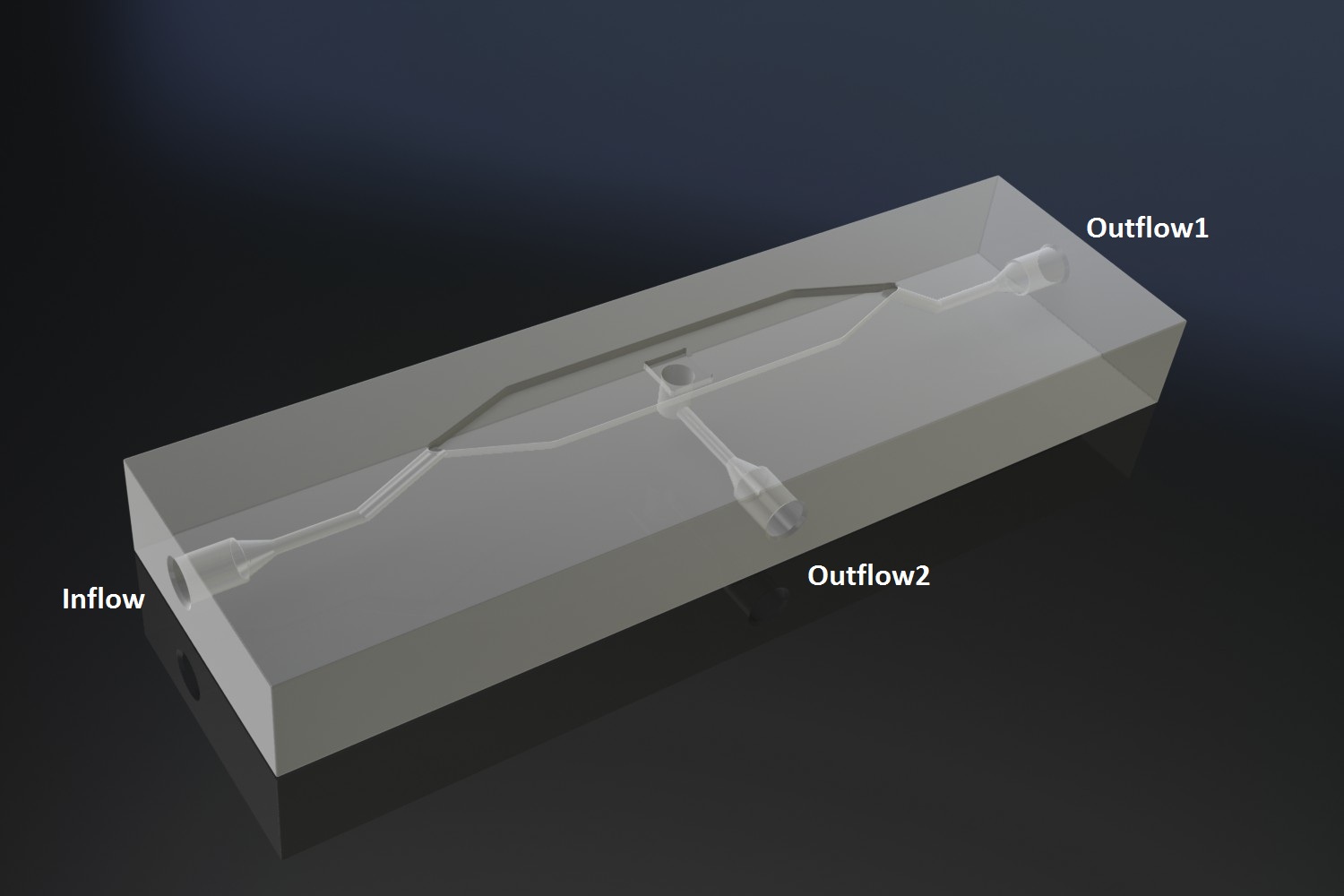Team:Wageningen UR/Project/Devices
From 2011.igem.org
(→Fluid device designed by Team Wageningen UR to measure oscillations) |
(→Fluid device designed by Team Wageningen UR to measure oscillations) |
||
| Line 28: | Line 28: | ||
{{:Team:Wageningen_UR/Templates/Style | text= __NOTOC__ | {{:Team:Wageningen_UR/Templates/Style | text= __NOTOC__ | ||
| - | The paper our system is based on used microfluidic devices to measure oscillations. Such microfluidic devices however are very expensive and our iGEM team budget was limited, so we decided to design our own fluid device, which was produced in the Wageningen University workshop. | + | The paper our system is based on used microfluidic devices to measure oscillations. Such microfluidic devices however are very expensive and our iGEM team budget was limited, so we decided to design our own fluid device, which was produced in the Wageningen University workshop. To keep as many options as possible open, the idea of the device is that it can potentially accommodate two bacteria growing platforms, a micro-sieve and a micro-dish. For our experiments we just used the micro-dish and discarded the idea of using a micro-sieve, since it proofed difficult to work with and the [[Team:Wageningen_UR/Project/ModelingProj1| modeling work]] suggested a better chance of observing oscillations in the dish. Figure 1 and 2 below show the design of the flow chamber as original scetch designed by our team and the 3D rendered depiction of the final device. |
| - | [[File:Module-2 WUR.JPG| | + | [[File:Module-2 WUR.JPG|200px|center]] |
'''Fig.1.''' ''Microsieve design 3D render'' | '''Fig.1.''' ''Microsieve design 3D render'' | ||
Revision as of 16:38, 14 September 2011
 "
"



